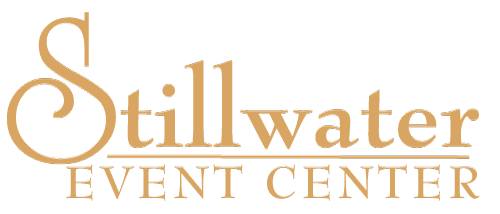Let’s talk about something we’ve all had a love-hate relationship with—corporate events. Sure, they can be tedious, but if done right, they can be the crown jewels of your company’s calendar. Well-planned events can skyrocket your brand image, tighten the bond among your team, and even elevate your stakeholder relationships. Planning a corporate event is more than logistics; it’s about creating memorable experiences that reflect the company’s values and goals.
The Fundamentals of Corporate Event Planning
Know Your Objective
Before you dive headlong into planning, pause and ask yourself: “Why are we doing this?” Is it a networking gig, a team-building retreat, or perhaps a product launch? Each objective will set a different tone for your event and guide the subsequent planning stages.
Define Your Target Audience
This one is a no-brainer but easily overlooked. Who’s this event for? Is it for your workhorse employees, your high-value clients, or perhaps your industry peers looking for a collab? Knowing your audience helps you customize the event details to cater to their preferences and expectations.
Budget Allocation
Ah, the money talk. No one likes it, but it’s essential. Set a budget early on, and I mean a well-thought-out, line-itemized budget. This helps you avoid those “Oops, we can’t afford that!” moments down the line.
First Things First: The Planning Team
Cross-Functional Collaboration
Unless you’re a superhero, you’ll need a team, and not just any team—a diverse one. Bring in folks from marketing for brand alignment, HR for internal communications, and don’t forget the operations team; someone has to make sure things run smoothly on the D-day.
Clearly Defined Roles
Imagine a soccer team where everyone wants to be the goalie—chaos, right? The same goes for your planning team. Assign specific tasks and responsibilities to each team member. This ensures accountability and frees you from the tedium of micromanagement.
Selecting the Perfect Venue
Location Convenience
It doesn’t matter how great your event is if people struggle to get there. Choose a venue that’s accessible, whether attendees are coming in from the next block or flying from another city.
Ambiance Matching
The venue is more than just a physical space; it’s a mood setter. Its ambiance should align with your event’s theme and objectives. Are you going for formal and elegant, or casual and fun? Pick your space accordingly.
Amenities and Services
Let’s talk about amenities. At the very least, ensure there’s WiFi, adequate AV equipment, and don’t forget the food—catering services are a must. Trust me, nothing spoils an event like bad coffee or a failed PowerPoint presentation.
Program Development: Content is King
Speaker Selection
Who takes the stage can make or break your event. Choose speakers that resonate with your target audience. It could be an industry expert, a motivational speaker, or someone with a unique perspective that aligns with your event’s objective.
Workshop and Interactive Sessions
Remember those boring lectures in college? Yeah, nobody wants that. Spice up your agenda with hands-on workshops or interactive sessions. These encourage engagement and keep the energy levels high.
Entertainment and Networking
Don’t underestimate the power of downtime. Incorporate some entertainment options and allocate time for networking. A jazz trio or a comedy skit could do wonders, and a networking cocktail hour can seal the deal for many relationships.
Conclusion
Planning a successful corporate event isn’t a walk in the park, but it’s not scaling Everest either. It’s all about attention to detail—from knowing your objective and target audience to meticulous planning and venue selection. As the saying goes, “The devil is in the details,” but in this case, the angel is too. Aim for the stars with your planning, and you just might create an event that’s truly out of this world.


Recent Comments